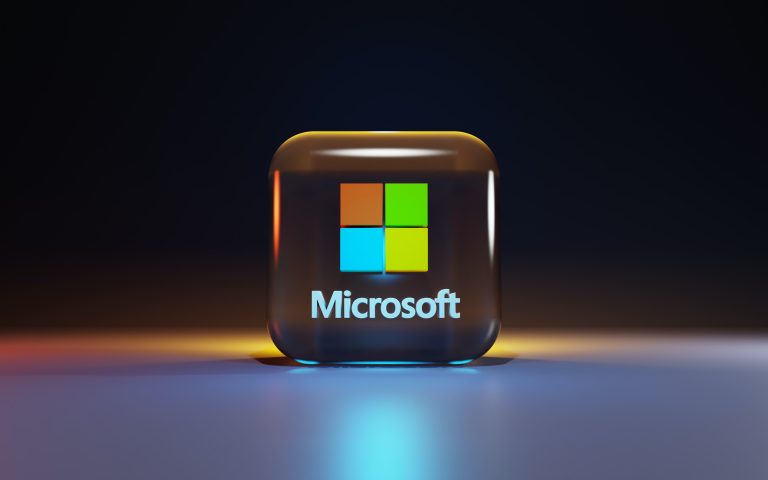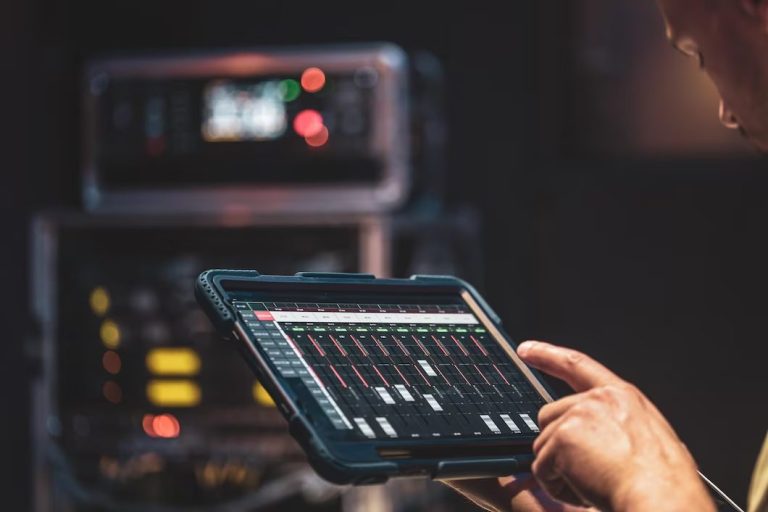Benefits Of Using Artificial Turf
Synthetic grass, also referred to as artificial turf, has grown in popularity for use in a variety of settings, including business landscapes, sports fields, and residential lawns. This article highlights artificial turf’s advantages over natural grass while examining the many benefits of utilizing it.
Low Maintenance
The fact that artificial turf requires less upkeep than natural grass is one of its key advantages. Artificial turf takes less maintenance than genuine grass, which must be mowed, watered, fertilized, and pest-controlled regularly. It does away with the requirement for watering and lowers personnel and equipment expenditures related to grass upkeep. This makes it a desirable choice for anyone who wants to save money and time on landscaping upkeep, such as corporations, governments, and homeowners.
Durability and Longevity
Artificial grass is incredibly resilient and long-lasting since it is made to resist heavy use and inclement weather. Unlike genuine grass, it doesn’t fade or become bare spots throughout the year; instead, it keeps its rich color and texture. Because of its resilience, artificial grass is perfect for high-traffic locations like playgrounds, sports fields, and business spaces where keeping a lush green appearance is crucial.
Water Conservation
Because artificial grass doesn’t require watering, it provides a sustainable landscaping option in areas with limited water resources or stringent water restrictions. Natural grass lawns need a lot of water to keep lush and healthy, especially in the summer when it’s hot and dry outside. Property owners can preserve water resources and support environmental conservation initiatives without compromising the visual attractiveness of a lush lawn by putting in artificial turf.
All-Weather Utility
Artificial grass is appropriate for year-round usage since it offers a constant playing surface regardless of the weather. For events like sporting competitions, leisure play, and outdoor get-togethers, synthetic turf is safe and useful, unlike real grass fields that can become muddy and useless after significant rain or snowfall. Artificial grass ensures that facilities can maximize income production and use due to its weather-resistant qualities.
Improved Safety and Performance
Improved performance and safety qualities are provided by artificial turf, especially for sports and leisure activities. It lowers the possibility of accidents brought on by uneven ground or slick circumstances by offering a level playing surface with consistent traction. Athlete comfort and safety are enhanced by synthetic grass systems, which are designed to fulfill precise performance requirements such as impact attenuation and shock absorption.
Aesthetic Appeal and Versatility
Artificial turf keeps a lush green appearance all year round, which improves the aesthetic appeal of public places, business buildings, and home landscapes. To accommodate varied tastes and design specifications, it comes in a range of hues and textures. To further increase the adaptability of outdoor spaces, synthetic grass can be tailored to create complex patterns, logos, or multipurpose areas like rooftop gardens, pet play areas, and greens.
Environmental Benefits
Artificial turf offers advantages over real grass lawns in terms of the environment, although requiring some energy and resources during the manufacture and installation processes. Synthetic turf eliminates air pollution from lawn care equipment and lessens chemical runoff into streams by doing away with the need for fertilizers, herbicides, and pesticides. In dry and drought-prone areas, its water-saving qualities support conservation efforts and make it a sustainable landscaping choice.
Cost-Effectiveness
Even while the initial installation expenses of artificial turf are greater than those of real grass, over time, they offer considerable cost advantages. Synthetic grass can have a greater initial cost. If you live in Arkansas, you can find some good deals at companies that offer artificial turf installation in Rogers.
Conclusion
For landscaping and recreational uses, artificial turf is an attractive substitute for real grass due to its many advantages. Synthetic turf provides property owners looking for sustainable, visually beautiful outdoor settings with practical solutions ranging from reduced maintenance and durability to enhanced safety and water saving. Artificial grass is an excellent investment for improving outdoor areas in the long run because of its cost-saving, environmentally friendly, and user-friendly qualities. However, there are initial expenditures and installation-related factors to consider.






